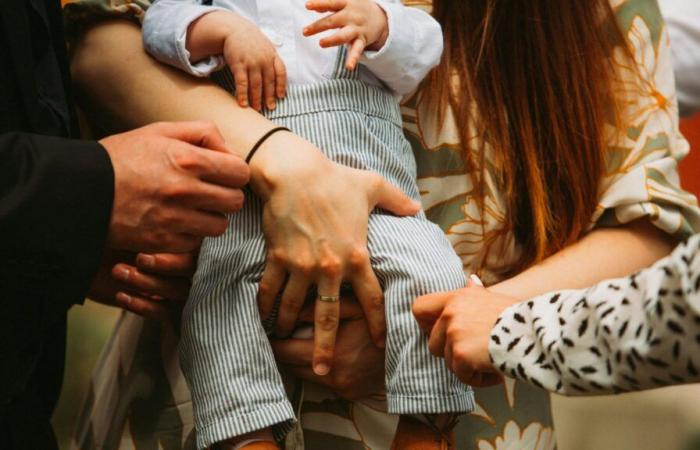If becoming a parent is a deeply overwhelming adventure, it can also be accompanied by major psychological challenges. A recent study offers an intriguing track: there would be an “ideal number” of children to have to preserve their mental health. Explanations and limits of the results.
Two children, a balance for mental health?
Between the layers to change, the sleepless nights and the return to work (not to mention the famous “mental charge” which acts as an invisible roommate), being a mother is often a balancing number. Researchers, from the University of Soochow (Taiwan), have therefore seriously looked into the question of the impact of parenting on the mental health of women.
Based on data of more than 55,000 women from the UK Biobank, a huge British medical information basis, these researchers discovered something quite surprising: having 2 children would be associated with a reduced risk of mental disorders, in particular major depression and bipolar disorders. Compared to women with 3 or more children, those with 2 children seem to benefit from a mentally protective little “more”, according to researchers.
Less, it is sometimes more
In figures, this results in a reduction of approximately 30 % of the risk of developing mental disorders in women who have experienced maternity. This benefit is not exponential: beyond 2 children, the protective effect does not continue to grow. Worse, it even tends to fade. As if the brain launched a little message: “Two is good. Three ? We will have to discuss “. Why this “magic threshold”? The researchers advance several hypotheses.
First, there is social evidence: when you have one or two children, external support-spouses, grandparents, friends-are often more present. There is no shortage of arms, and the moments to blow still exist (Even if, we grant you, they can be rare). As soon as a siblings are growing, this precious help sometimes tends to dilute. Time, attention, energy: everything becomes rarer and more precious. You have to juggle between homework, medical appointments, toy conflicts and baths … without forgetting to think about vacuuming (and buying yogurts, again …).
Add the financial pressure, often more important when you have several dependent children. And, let’s not forget, biological effects: each pregnancy is a hormonal storm in itself, and close repetitions can make mood or anxiety disorders more vulnerable. In short, the children’s duo seems to form a ground of balance. Beyond that, it is sometimes the foundations themselves that begin to tremble.
-Attention, no miracle recipe
That said, and the researchers insist on this: having 2 children does not guarantee absolute happiness or mental health in reinforced concrete. It is a correlation, not a cause and effect link engraved in marble.
Many other factors come into play: the quality of emotional support, the stability of the home, financial resources, personal history, or even pre -existing psychic vulnerabilities. No study can ever replace the richness and complexity of each life course.
What if we don’t want children at all?
Here is an essential point, too often passed over in silence: having children – or not having them – should never be an indicator of personal value or mental health. Some people find deep fulfillment in parenting. Others, just as balanced, choose a child without children, and their happiness is nonetheless real or valid. Conversely, a life with children does not guarantee joy, just like a life without them does not condemn to the emotional vacuum.
Each human being has the right – and freedom – to build their life according to their own desires. Reading this study is nourishing your curiosity and understanding certain social and biological tendencies; But in no case should it become an injunction to maternity or parenting. No one should feel forced to have children to “do like everyone else” or meet a standard. Respecting the choices of each person is also to respect the diversity of forms of happiness.
To conclude, what this study teaches us is not that it is imperative to have 2 children, but rather than the well-being of mothers (and parents more generally) deserves to be placed at the heart of social reflections. Whether you are a mother of one, two, five children – or zero – your mental health counts.








